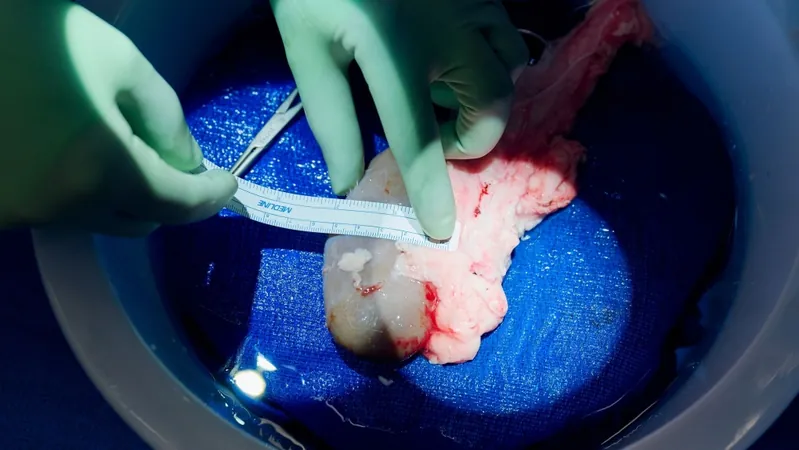
Groundbreaking Kidney Transplant: Woman Receives Gene-Edited Pig Kidney, Enters a New Era of Organ Transplants
2024-12-17
Author: Charlotte
Introduction
In a pioneering medical breakthrough, 53-year-old Towana Looney has become the first person in the world to receive a functional kidney transplanted from a genetically modified pig, making her a beacon of hope for those in need of organ transplants. The remarkable procedure took place at NYU Langone Transplant Institute in New York on November 25, and just 11 days later, Looney was discharged, greeted with applause by the hospital staff as she triumphantly left the building.
Patient’s Journey and Experiences
Looney, a resident of Alabama, expressed her exuberance at a recent news conference, saying, "I am overjoyed. I’m blessed to have received this gift, a second chance at life. I have an appetite I haven’t had in eight years, and finally, I can go to the bathroom like a normal person!" With infectious excitement, she even mentioned a goal: "I want to go to Disney World."
Medical Monitoring and Technology
While she currently resides near the hospital for daily checkups, medical teams are utilizing advanced technology, including artificial intelligence and wearable health devices, to continuously monitor her vitals. This innovation allows doctors to detect potential medical issues before they become serious.
Background of Looney’s Health Challenges
Looney's journey has been fraught with challenges; she had previously donated a kidney to her mother in 1999 but later developed complications that led to her requiring dialysis. After enduring eight long years on dialysis and being one of over 90,000 individuals on the kidney transplant waiting list in the U.S., Looney approached her physicians about the experimental option of a pig kidney transplant.
The Role of Dr. Jayme Locke
Dr. Jayme Locke, an expert in xenotransplantation at the University of Alabama at Birmingham, was instrumental in this groundbreaking procedure. Despite being the third person to undergo such a transplant from a gene-edited pig, Looney eagerly embraced the opportunity to help advance science and potentially save lives.
Gene Editing and Compatibility
The organs of pigs are strikingly similar to those of humans, and through gene editing, scientists have minimized the chances of the recipient's body rejecting the foreign organ. Looney’s transplant featured 10 genetic modifications designed to enhance compatibility, making her the first recipient of this advanced procedure.
Outcomes and Future of Transplants
While previous patients who received pig kidneys faced life-threatening complications, Looney’s case has been markedly different, with her kidney functioning well and improving her quality of life almost immediately. Doctors are hopeful that ongoing advancements in xenotransplantation will soon make such organ transplants routine.
Regulatory Aspects
The U.S. Food and Drug Administration currently permits these experimental procedures under “compassionate use” regulations when no other suitable options are available. This cutting-edge research could revolutionize the field of organ transplantation, especially as approximately 13 Americans die each day while waiting for a kidney.
Looney’s Perspective and Future Aspirations
Looney’s inspiring outlook exemplifies resilience in the face of adversity. "If I listened to the negatives, I wouldn’t be here. I live by faith, and the rest will follow," she stated. As for her aspirations moving forward, she looks forward to the day she can return home to Alabama, where she can reconnect with her family and grandchildren, all while enjoying a future free from the constraints of dialysis.
Conclusion and Hope for the Future
The journey ahead is promising as physicians continue to chart new territories in organ transplantation. With heightened awareness and ongoing research into xenotransplantation, a future where pig organs could provide a lifeline for countless individuals on waiting lists could be just around the corner. As Looney herself summarizes, “It’s been wonderful to live without the need for dialysis. Emotionally, I’m overjoyed.” As science progresses, Looney’s groundbreaking case inspires hope for many—perhaps signaling a turning point in the struggle against organ shortages.



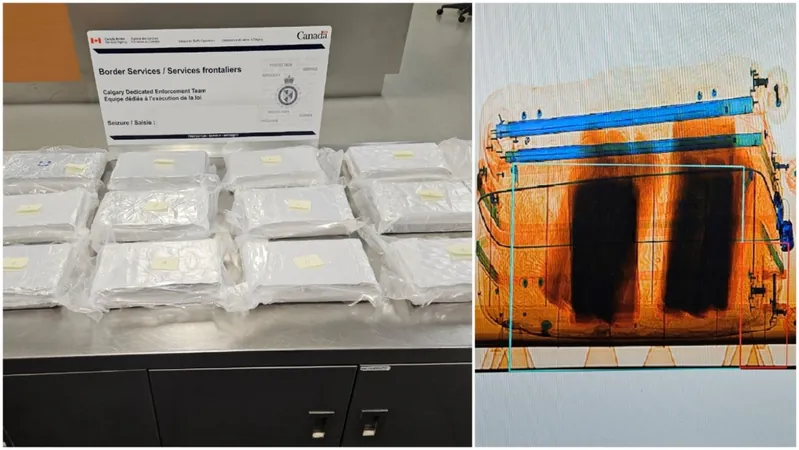

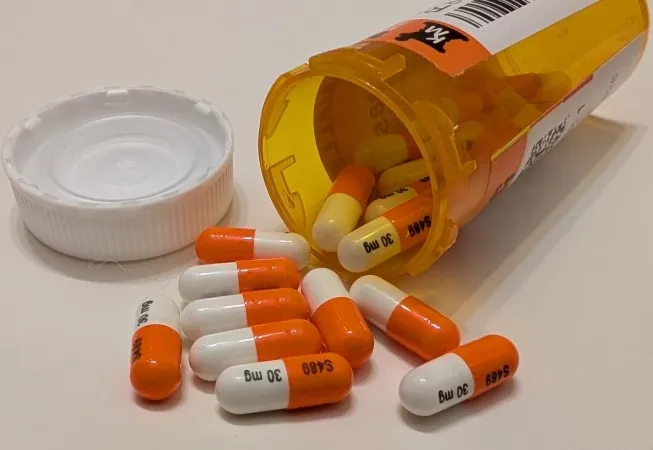
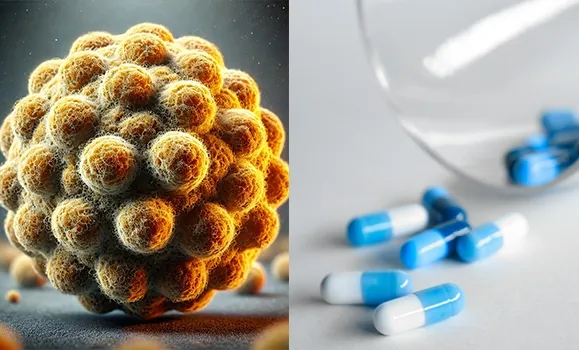
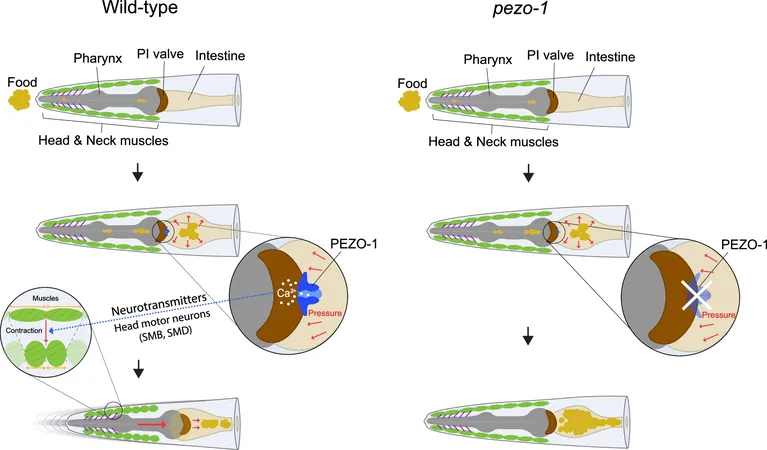

 Brasil (PT)
Brasil (PT)
 Canada (EN)
Canada (EN)
 Chile (ES)
Chile (ES)
 España (ES)
España (ES)
 France (FR)
France (FR)
 Hong Kong (EN)
Hong Kong (EN)
 Italia (IT)
Italia (IT)
 日本 (JA)
日本 (JA)
 Magyarország (HU)
Magyarország (HU)
 Norge (NO)
Norge (NO)
 Polska (PL)
Polska (PL)
 Schweiz (DE)
Schweiz (DE)
 Singapore (EN)
Singapore (EN)
 Sverige (SV)
Sverige (SV)
 Suomi (FI)
Suomi (FI)
 Türkiye (TR)
Türkiye (TR)